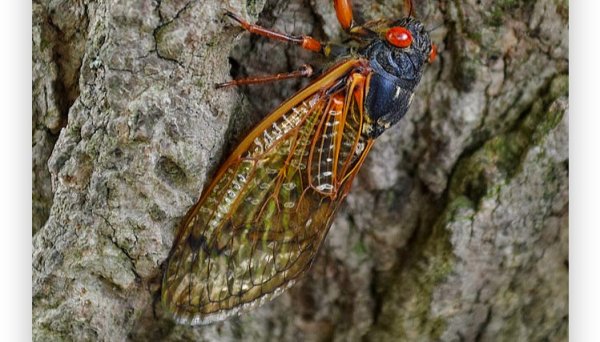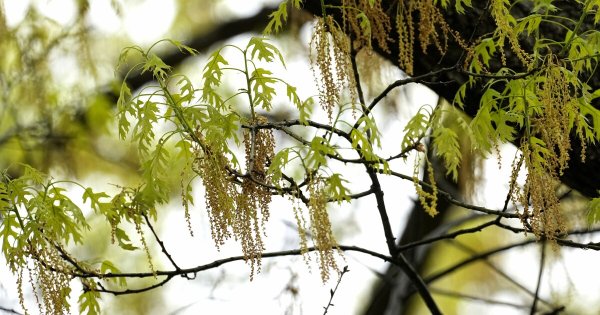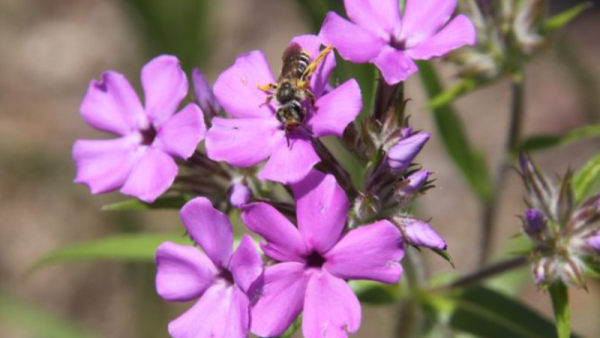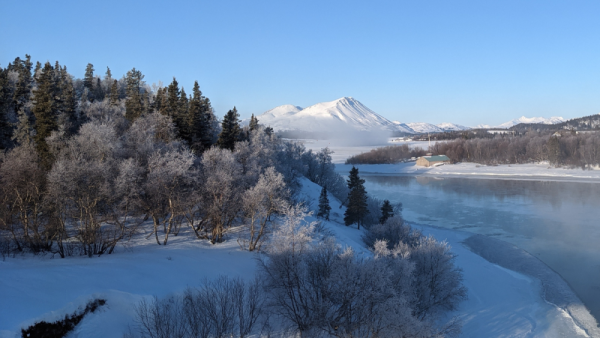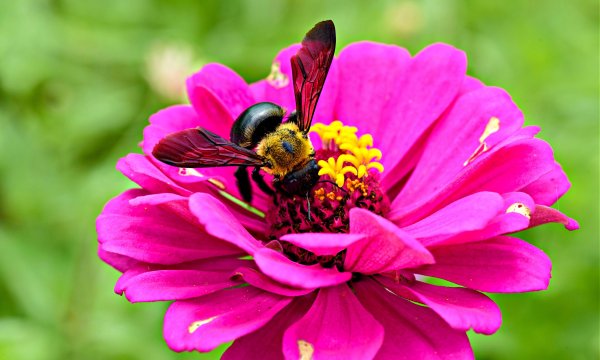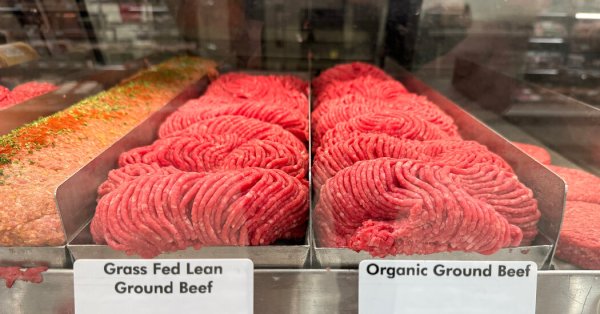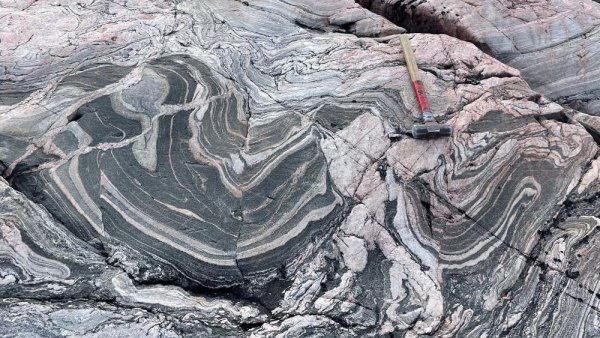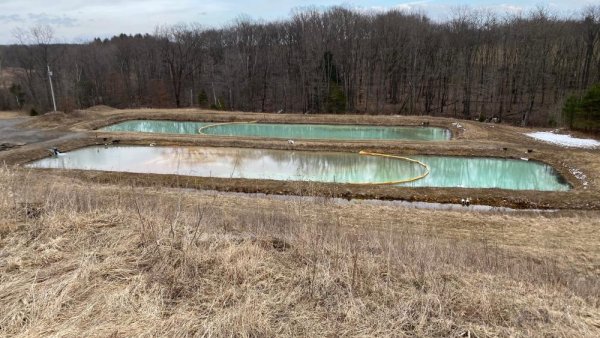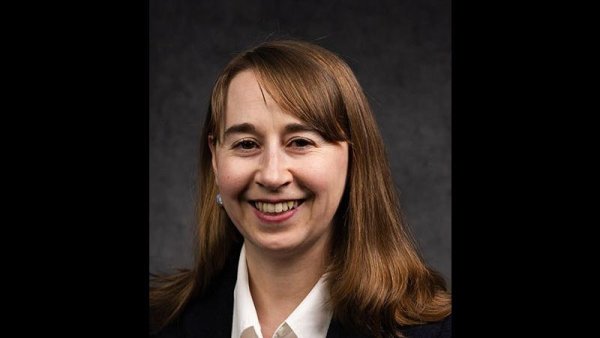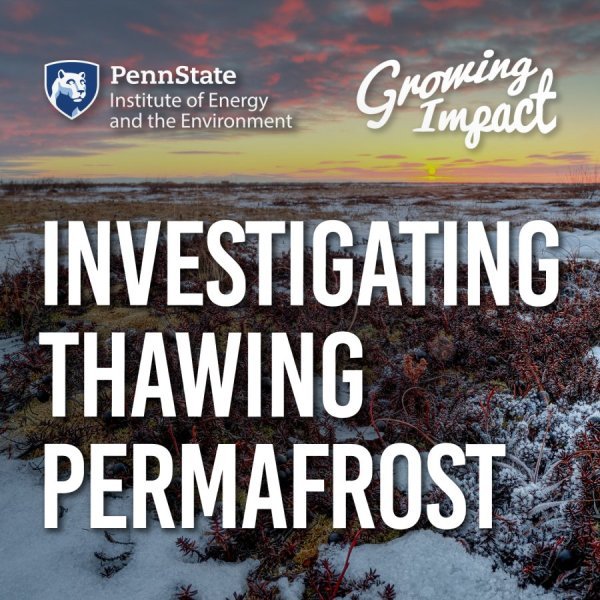A cicada apocalypse is coming this summer: Will Pennsylvania be spared the noisy invasion?
| ydr.com
For the first time in more than 200 years, two different broods of cicadas will emerge. This article quotes Michael Skvarla, assistant research professor of arthropod identification.
'Extreme' pollen counts, climate change fuel Pa. allergy misery
| wesa.fm
As warmer temperatures start earlier and last longer, pollen growth leads to more people suffering from allergy symptoms across Pennsylvania. This article mentions Penn State research.
May 15 webinar to address green infrastructure for healthy communities
| psu.edu
As communities grapple with issues such as stormwater management, flooding, urban heat loads and air quality issues, presenters during a May 15 Penn State Extension land-use webinar will discuss services provided by green infrastructure that can improve the quality of life, resilience, and environmental and human health in communities.
Penn State Climate Consortium adds two associate directors to leadership team
| psu.edu
Two interdisciplinary researchers have been named as associate directors for the Penn State Climate Consortium.
Improved wildfire smoke model identifies areas for public health intervention
| psu.edu
A new model combining wildfire smoke forecasts and ground-based data may help public health officials plan targeted interventions to protect communities vulnerable to unexpected smoke events and air pollution. A team led by Penn State researchers developed the model and published their findings in the Science of Total Environment.
Q&A: Should you skip #NoMowMay and #PlantMayFlowers instead?
| psu.edu
Two pollinator experts in Penn State’s College of Agricultural Sciences discuss No Mow May and whether there's a better alternative to help support pollinators and biodiversity.
Many people in the Arctic are staying put despite climate change, study reports
| psu.edu
A team led by Penn State researchers reviewed studies from the past 30 years to examine whether climate change is causing people to migrate out of the Arctic — or if, and why, they’re deciding to stay. They found that while individuals are not yet relocating due to climate change, at least one whole community has.
Bees' ability to withstand heat varies by size and sex
| earth.com
Researchers at Penn State discovered that larger squash bees, particularly males, demonstrate greater heat tolerance. This article features Penn State research.
E. Coli has been found in ground beef and walnuts. Here’s what to know.
| nytimes.com
The bacteria sickens an estimated 265,000 Americans each year. This article quotes Edward Dudley, professor of food science.
Rock steady: Study reveals new mechanism to explain how continents stabilized
| psu.edu
Ancient, expansive tracts of continental crust called cratons have helped keep Earth’s continents stable for billions of years, even as landmasses shift, mountains rise and oceans form. A new mechanism proposed by Penn State scientists may explain how the cratons formed some 3 billion years ago, an enduring question in the study of Earth’s history. The team published their work in Nature.
$4.99M DOE grant to build domestic supply chain for critical minerals
| psu.edu
A Penn State research team was recently awarded a $4.99 million grant from the U.S. Department of Energy to develop and assess advanced separation technologies for the extraction and recovery of rare earth elements and other critical materials from coal, coal wastes and coal by-products.
Becot named Nationwide Insurance Early Career Professor of Agricultural Safety
| psu.edu
Florence Becot recently was appointed Nationwide Insurance Early Career Professor of Agricultural Safety and Health in the Penn State College of Agricultural Sciences. She will oversee research, extension and academic programs in safety and health related to the agricultural and the biorenewable industries.

